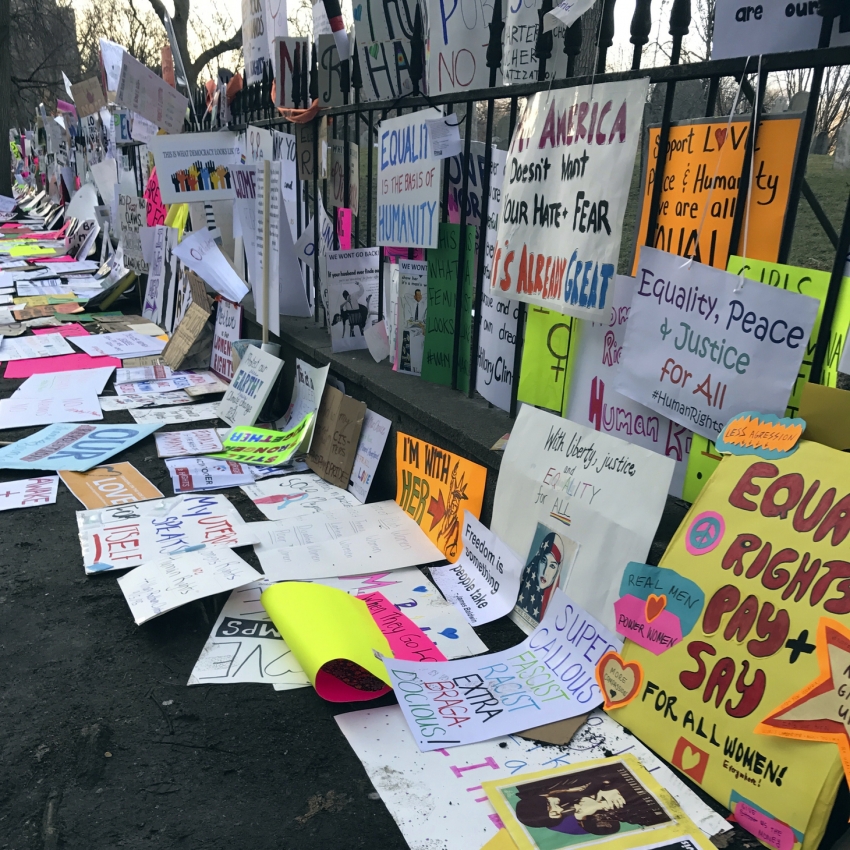CHICAGO
— Today American Library Association President Julie Todaro released
the following statement responding to recent actions by the new
administration and specifically addressing issues regarding access to
information, discrimination and intellectual freedom.
“We are shocked and dismayed by recent executive orders and other
actions by the new administration, which stand in stark contrast to the
core values of the American Library Association (ALA). Our core values
include access to information; confidentiality/privacy; democracy;
equity, diversity and inclusion; intellectual freedom; and social
responsibility.
“The American Library Association strongly opposes any actions that
limit free access to information, undermine privacy or discriminate on
any basis. This includes the temporary suspension of visas and entrance
to the US based on anyone’s nationality or religion as well as the
increased scrutiny of any individual’s communication such as mobile
phone and/or social media activity.
“Our nation’s 120,000 public, academic, school and special libraries
serve all community members, including people of color, immigrants,
people with disabilities and the most vulnerable in our communities,
offering services and educational resources that transform communities,
open minds, and promote inclusion and diversity.
“ALA believes that the struggle against racism, prejudice,
stereotyping and discrimination is central to our mission. We will
continue to speak out and support efforts to abolish intolerance and
cultural invisibility, stand up for all the members of the communities
we serve, and promote understanding and inclusion through our work.
“We will continue to speak out and support our members as they work
tirelessly for access to library and information resources on behalf of
all of their community members, while advocating for privacy,
intellectual freedom, critical global research, information literacy,
ongoing access to scientific research, and fair and equitable treatment
for everyone.
“As our strategic plan states, ‘ALA recognizes the critical need for
access to library and information resources, services, and technologies
by all people, especially those who may experience language or
literacy-related barriers; economic distress; cultural or social
isolation; physical or attitudinal barriers; racism; discrimination on
the basis of appearance, ethnicity, immigrant status, housing status,
religious background, sexual orientation, gender identity, gender
expression; or barriers to equal education, employment and housing.’
“We encourage our members to continue to speak out and show their
support for and work on behalf of our core values, in their communities
as well as with their local, state and national elected and appointed
officials. Additionally, ALA has tools and resources online to help you
advocate for our core values:
“ALA is committed to using its national platform for speaking up
and speaking out for its members and constituents in these chaotic,
unprecedented and challenging times. We appreciate the library
community’s continued support.”
# # #




